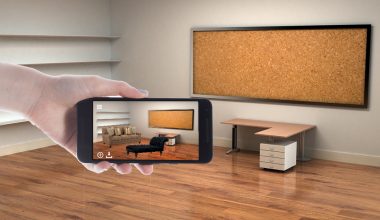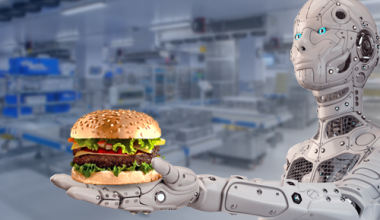Police in the US state of Delaware are poised to deploy “smart” cameras in cruisers to help authorities detect a vehicle carrying a fugitive, missing child or straying senior.
The video feeds will be analyzed using artificial intelligence to identify vehicles by license plate or other features and “give an extra set of eyes” to officers on patrol, says David Hinojosa of Coban Technologies, the company providing the equipment.
“We are helping officers keep their focus on their jobs,” said Hinojosa, who touts the new technology as a “dashcam on steroids.”
The program is part of a growing trend to use vision-based AI to thwart crime and improve public safety, a trend which has stirred concerns among privacy and civil liberties activists who fear the technology could lead to secret “profiling” and misuse of data.
US-based startup Deep Science is using the same technology to help retail stores detect in real time if an armed robbery is in progress, by identifying guns or masked assailants.
Deep Science has pilot projects with US retailers, enabling automatic alerts in the case of robberies, fire or other threats.
The technology can monitor for threats more efficiently and at a lower cost than human security guards, according to Deep Science co-founder Sean Huver, a former engineer for DARPA, the Pentagon’s long-term research arm.
“A common problem is that security guards get bored,” he said.
Until recently, most predictive analytics relied on inputting numbers and other data to interpret trends. But advances in visual recognition are now being used to detect firearms, specific vehicles or individuals to help law enforcement and private security.
Recognize, interpret the environment –
Saurabh Jain is product manager for the computer graphics group Nvidia, which makes computer chips for such systems and which held a recent conference in Washington with its technology partners.
He says the same computer vision technologies are used for self-driving vehicles, drones and other autonomous systems, to recognize and interpret the surrounding environment.
Nvidia has some 50 partners who use its supercomputing module called Jetson or its Metropolis software for security and related applications, according to Jain.
One of those partners, California-based Umbo Computer Vision, has developed an AI-enhanced security monitoring system which can be used at schools, hotels or other locations, analyzing video to detect intrusions and threats in real-time, and sending alerts to a security guard’s computer or phone.
Read the source article at Yahoo Finance.
Source: AI Trends
×
Welcome to Fusion Informatics
Click Below to Enter Live Support on Whatsapp
or
Mail us Your Requirements at [email protected]






